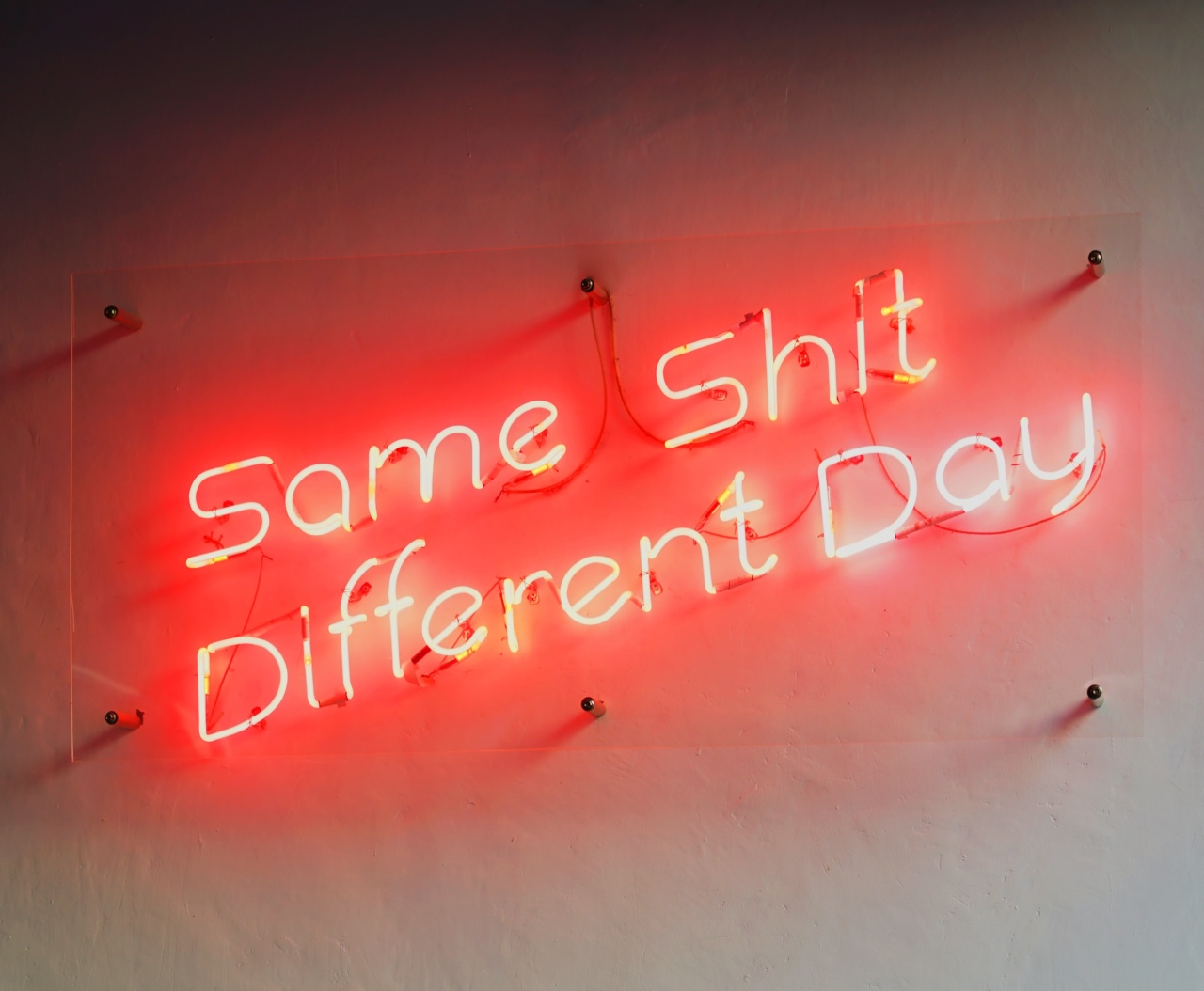Manic depression, also known as bipolar disorder, is a mental health condition characterized by extreme mood swings.
Individuals with manic depression experience periods of intense emotional highs, known as mania, followed by episodes of deep sadness or depression. These extreme shifts in mood can significantly impact everyday life, relationships, and overall well-being. Recognizing the signs of manic depression is crucial for early diagnosis and effective treatment.
In this article, we will explore the tell-tale signs of manic depression to help you or your loved ones identify and address this condition.
1. Extreme Mood Swings
The hallmark of manic depression is the presence of intense mood swings. During manic episodes, individuals may feel euphoric, excessively energetic, and experience a heightened sense of confidence and creativity.
They may engage in impulsive behaviors, such as overspending, promiscuity, or substance abuse. On the other hand, depressive episodes are characterized by feelings of extreme sadness, hopelessness, and a loss of interest in previously enjoyed activities.
These mood swings can occur within days, weeks, or months, and can impact personal and professional relationships.
2. Changes in Energy Levels
People with manic depression often experience drastic changes in energy levels. During manic episodes, they may have an abundance of energy, requiring minimal sleep, and engaging in multiple activities simultaneously.
They may talk rapidly, be easily distracted, and have difficulty focusing. On the contrary, during depressive episodes, they may have low energy levels, experience fatigue, and feel physically drained. These shifts in energy levels can affect daily functioning and productivity.
3. Insomnia or Hypersomnia
Insomnia, the inability to fall asleep or stay asleep, is a common symptom of manic depression. During manic episodes, individuals may feel restless and find it challenging to sleep.
They may have racing thoughts or engage in excessive planning or goal-setting, making it difficult for them to relax. Conversely, during depressive episodes, individuals may experience hypersomnia, spending more time sleeping, feeling tired throughout the day, and struggling to get out of bed. Sleep disturbances can further worsen mood symptoms.
4. Changes in Appetite and Weight
Significant changes in appetite and weight are often observed in individuals with manic depression. During manic episodes, individuals may have a decreased appetite and engage in disordered eating patterns. They may lose weight rapidly as a result.
Conversely, during depressive episodes, there may be an increased appetite, leading to weight gain. These fluctuations in appetite and weight can negatively impact self-esteem and body image.
5. Irritability and Agitation
Another common sign of manic depression is increased irritability and agitation. During manic episodes, even minor frustrations or setbacks can lead to intense anger or irritability.
Individuals may become easily agitated, verbally aggressive, or even physically violent. On the other hand, during depressive episodes, irritability can be expressed through feelings of immense frustration or becoming easily upset about small matters. These mood-related irritability and agitation can strain relationships with loved ones.
6. Racing Thoughts and Poor Concentration
Manic depression is often accompanied by racing thoughts and a diminished ability to concentrate. During manic episodes, individuals may experience a flood of ideas and thoughts, making it challenging to focus on one task.
They may have difficulty following a conversation or completing assignments. In depressive episodes, individuals may struggle with excessive worrying, negative thoughts, and poor concentration, reducing their ability to function effectively.
7. Loss of Interest and Pleasure
A profound loss of interest and pleasure, known as anhedonia, is a core symptom of depressive episodes in manic depression. Hobbies, social activities, and once-loved pursuits no longer bring joy or satisfaction.
Individuals may withdraw from social interactions and isolate themselves due to the overwhelming feeling of emptiness and lack of enjoyment.
8. Feelings of Guilt and Worthlessness
In addition to sadness, depressive episodes in manic depression often come with feelings of guilt and worthlessness. Individuals may experience a persistent sense of self-blame, even for minor mistakes or insignificant events.
These feelings can be crushing and contribute to low self-esteem and a negative self-image.
9. Suicidal Thoughts or Behavior
Individuals with manic depression may experience suicidal thoughts or engage in self-harming behaviors during depressive episodes. These feelings should never be taken lightly and require immediate attention and intervention.
If you or someone you know is experiencing suicidal thoughts, reach out to a mental health professional or a helpline immediately.
10. Impaired Social and Occupational Functioning
The symptoms of manic depression can significantly impair an individual’s social and occupational functioning.
The extreme mood swings, changes in energy levels, and cognitive difficulties can make it challenging to maintain relationships and achieve professional goals. Individuals may struggle with attendance or productivity at work or find it challenging to engage in personal relationships.































